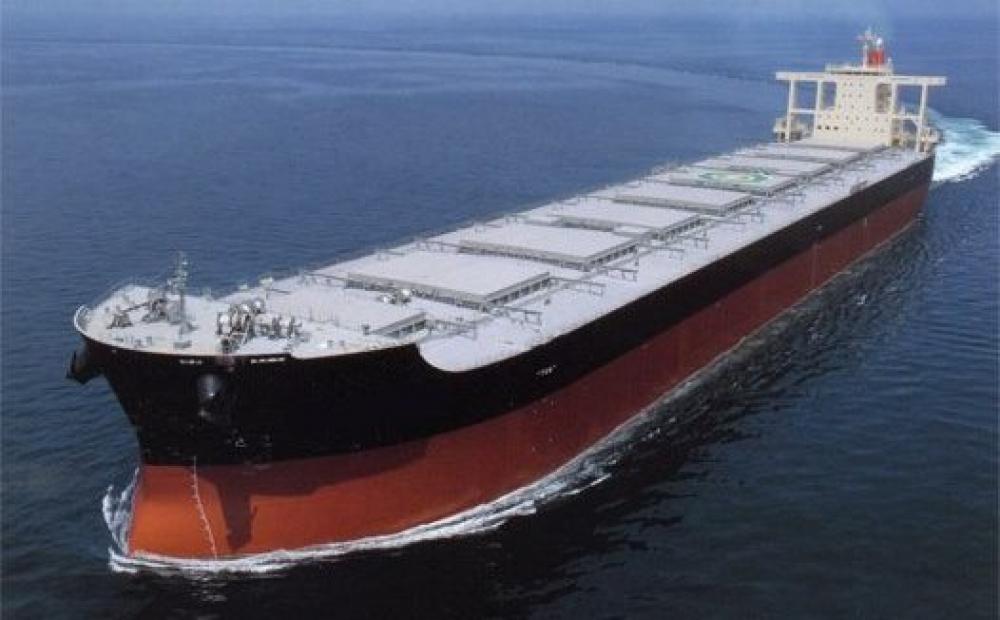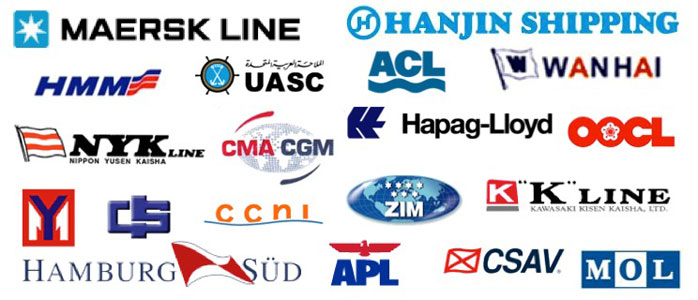Shipping’s Ugland House problem
16 July 2021

Santosh Patil on shipping’s continued way of avoiding paying tax.
I’m not sure if many are aware of the infamous Ugland House, which reportedly houses over 40,000 entities in a single small building on the Cayman Islands, a British overseas territory.
According to the website ‘Ugland House Explained’, the sole tenant of the place is a ‘leading international law firm’. The website states that the ‘Offshore Vehicles’ registered in Ugland House ‘operate in a highly developed and stable regulatory structure, make a lasting and necessary contribution to economies and jobs onshore and play a crucial role in the worldwide economic recovery and growth as a whole’.
Yet, Barack Obama during his presidential campaign in 2008 had called it the ‘biggest tax scam in the world’.
Who created these tax havens?
According to a paper published in 2009 on Tax Justice Network titled ‘History of Tax Havens’, there are three types of tax havens – UK-based or British Empire based tax havens, European havens, and thirdly new tax havens from the transitional economies in South America and Africa.
A 2012 interview of Jamie Stern-Wiener titled ‘Britain’s Second Empire’ poses the question ‘Why, in the era of Wall Street hegemony, do close to half of global financial transactions still flow through territories linked to Britain?’ The Corporate Tax Haven Index 2021 includes 4 British Overseas Territories / Crown Dependencies amongst the Top 10.
Shipping too has its own ‘Ugland House’ problem which manifests itself as ‘open registers’, a nomenclature which attempts to mask the tax evasive nature of its clients who are amongst the biggest names in shipping. However not all open registers are necessarily ‘flags of convenience’.
During World War II Roosevelt could not ensure supplies to Britain with US flagged ships due to the Shipping Neutrality Act; so America conveniently allowed US owners to flag their ships in Panama paving the way for creation of ‘flags of convenience’.
Currently more than 70% of global shipping fleet in both gt and dwt terms is flagged with open registers. Today it is so pervasive across the shipping sector that these FOCs have become too large for any authority to even discuss, let alone question.
Most people in shipping have come to accept it as the way things operate best. There are many arguments mooted to support the FOCs, however it doesn’t change the fact that these are merely used for tax evasion and regulatory ease.
So why does it matter? Tax evasion is one key reason and flexibility of operations i.e. less regulatory burden. Let us look at some data points. Out of the 76 cases of crew abandonment listed on the ILO website for 2020, at least 57 ships were flagged with FOCs. The figures for 2021 are even more stark with 12 out of 13 cases in January & February 2021 alone. This indicates a clear proclivity to leave the crew to their fate when convenient without the fear of any regulatory action.
What tax evasion creates is a competitive disadvantage for companies who are registered in non-tax havens and pay significantly more taxes. This creates a vicious cycle, the more you evade, more profits you derive.
If one looks at Big Tech, we can find strong similarities where tax avoidance is achieved by means of registering in tax havens and often taking advantage of lax regulatory norms and little accountability.
The recent news report by a leading European financial publication on 130 countries agreeing for a global minimum corporate tax rate has this to say about shipping – ‘The global shipping industry has also benefited from an exemption because it is almost impossible to determine where entities are located’. Can this really be a reason to provide exemption?
This development, however, is not surprising as the previous OECD/G20 Inclusive framework on BEPS Progress Report July 2019 – July 2020 had clearly stated ‘The effect of nearly all bilateral tax treaties is to assign exclusive taxing rights over the profits of an enterprise from the operation of ships and aircraft in international traffic to the state of residence of the enterprise. This long-standing practice has its own rationale, and it is therefore considered inappropriate to include airline and shipping businesses in the scope of the new taxing right.’
An opportunity to bring transparency and accountability in shipping has certainly been lost. One can only say – plus ça change, plus c’est la même chose.
News Source : https://splash247.com/shippings-ugland-house-problem/





